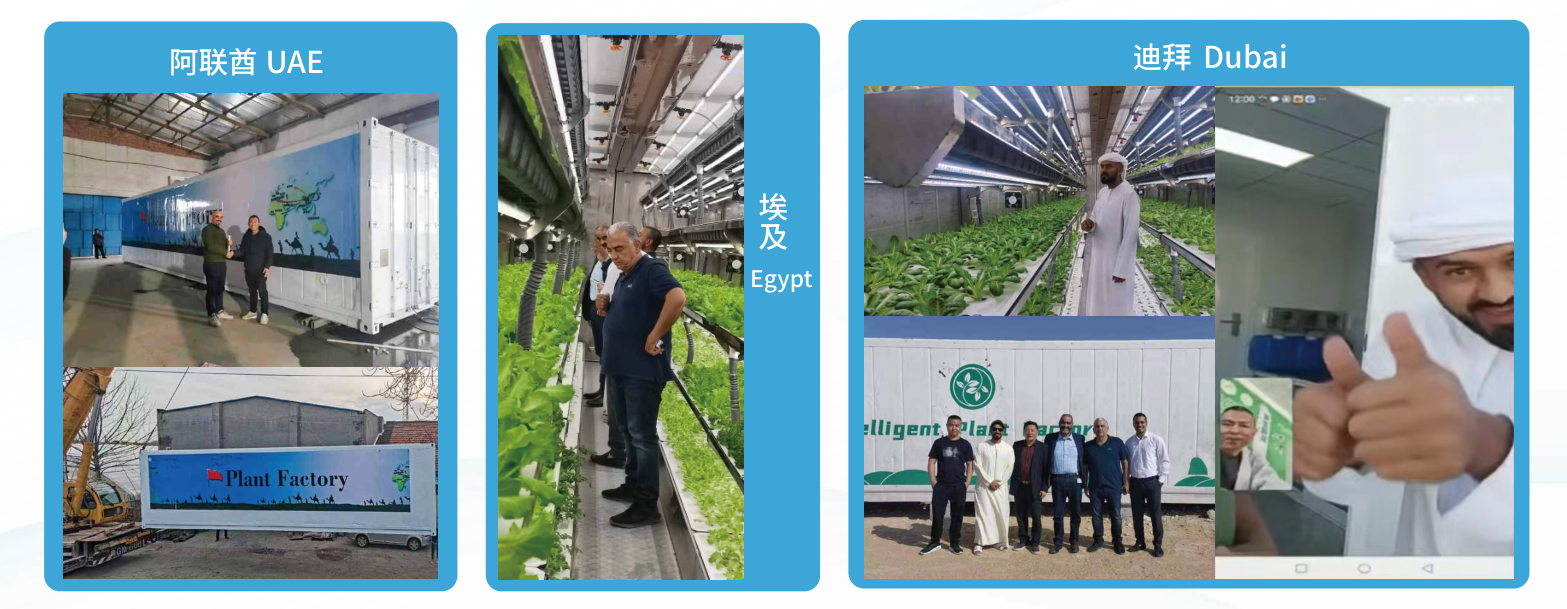
Technological Innovation and Research and Development Progress
Container planting factories integrate advanced soilless cultivation technology, environmental control systems, and automation technology to create an independent and precisely controllable artificial environment for plant growth. The environmental control system encompasses light regulation, temperature management, humidity adjustment, and carbon dioxide concentration control, thereby ensuring optimal growing conditions for plants.
Market Application and Economic Benefits
Container planting factories offer advantages such as high efficiency, ecological sustainability, and intelligent operation. These facilities are well-suited for deployment in areas with limited space, including city centers, rooftops, and abandoned lands, effectively addressing urban vegetable supply challenges. They are not constrained by geographical or climatic conditions and can operate normally as long as a stable energy supply is available, making them ideal for emergency vegetable provision during natural disasters. Furthermore, through the application of AI technology and algorithm optimization, plant factories can significantly improve production efficiency and yield, reduce operational costs, and generate substantial economic and social value.
Challenges Faced and Solutions
Despite their numerous benefits, container planting factories still face challenges such as high initial investment and operational costs, as well as suboptimal output and product quality. To facilitate the transition from container-based prototypes to large-scale market adoption, it is crucial to focus on cost reduction and efficiency enhancement. Additionally, refining cultivation techniques and optimizing environmental control systems are effective strategies to address these challenges.